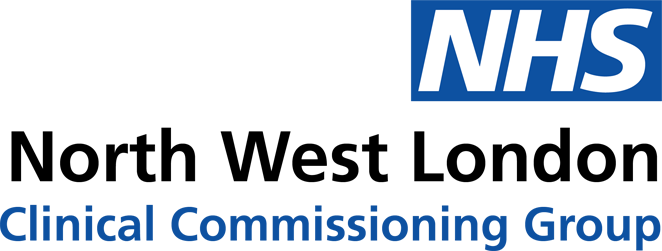Ramadan and Coronavirus guidance
Published on: 23rd April 2020
Some of our residents will start observing Ramadan on Thursday 23 or Friday 24 April, but the current pandemic may have an impact on who should be fasting and how Iftar or prayers take place.
Following a review by the British Islamic Medical Association, we have outlined some guidance on Ramadan during these challenging times.
Is it safe to fast during the pandemic?
If you are feeling well and don’t have an underlying health condition, it should still be safe for you to fast during Ramadan.
As always, people with long-term health conditions such as diabetes are advised to seek medical advice to understand if fasting will impact on their condition, how to manage their medication and what they can do to prevent any adverse reactions.
We would also urge anyone with an underlying health condition that makes them vulnerable to coronavirus to speak to their GP to see if they can safely fast during Ramadan. If your GP does not recommend fasting, you can speak to your local Imam who can advise you on alternative ways you could get the same reward.
We would strongly advise anyone who develops symptoms of COVID-19 to consider breaking their fast. Dehydration from fasting could increase your risk of severe illness from the virus, so drinking plenty of fluids is important.
You can check what the symptoms are and what to do if you have Coronavirus on the NHS website.
Having a healthy fast
For anyone who is fasting over Ramadan, it’s important to stay healthy and maintain a balanced diet. You can stay healthy by:
- Avoiding long periods of time in the sun
- Drink plenty of plain water during non-fasting hours
- Cut back on all types of caffeinated drinks including tea, coffee and fizzy drinks
- Eat a balanced diet during non-fasting hours to keep your body functioning properly during the day. Foods that release energy slowly, including natural unrefined carbohydrates (whole grains, vegetables, fruits) and protein (meat, fish, eggs, beans), will help you maintain your energy levels.
Social distancing during Ramadan
You should only leave your house for the following limited purposes:
- Shopping for necessities, such as food and medicine, as infrequently as possible
- One form of exercise a day, such as running or walking. This can be done alone or with members of your household
- Any medical need or to provide care or help to a vulnerable person
- Travelling for work purposes, but only when you cannot work from home
If you have to go out, you must stay two metres (six feet) away from other people at all times.
Make sure you wash your hands for at least 20 seconds as soon as you get home.
In line with Government guidance, Mosques will remain closed until the restrictions are lifted. You should continue to pray at home and must not invite anyone outside of your household for prayers or Iftar.
There are still ways you can engage with your community while staying at home during Ramadan. Open Ifta is providing a way to virtually interact every day with guest speakers and meals over the video calling application Zoom. They will also be live streaming the Call to Prayer each day on Facebook.
For healthy meal ideas, visit nhs.uk/LiveWell








